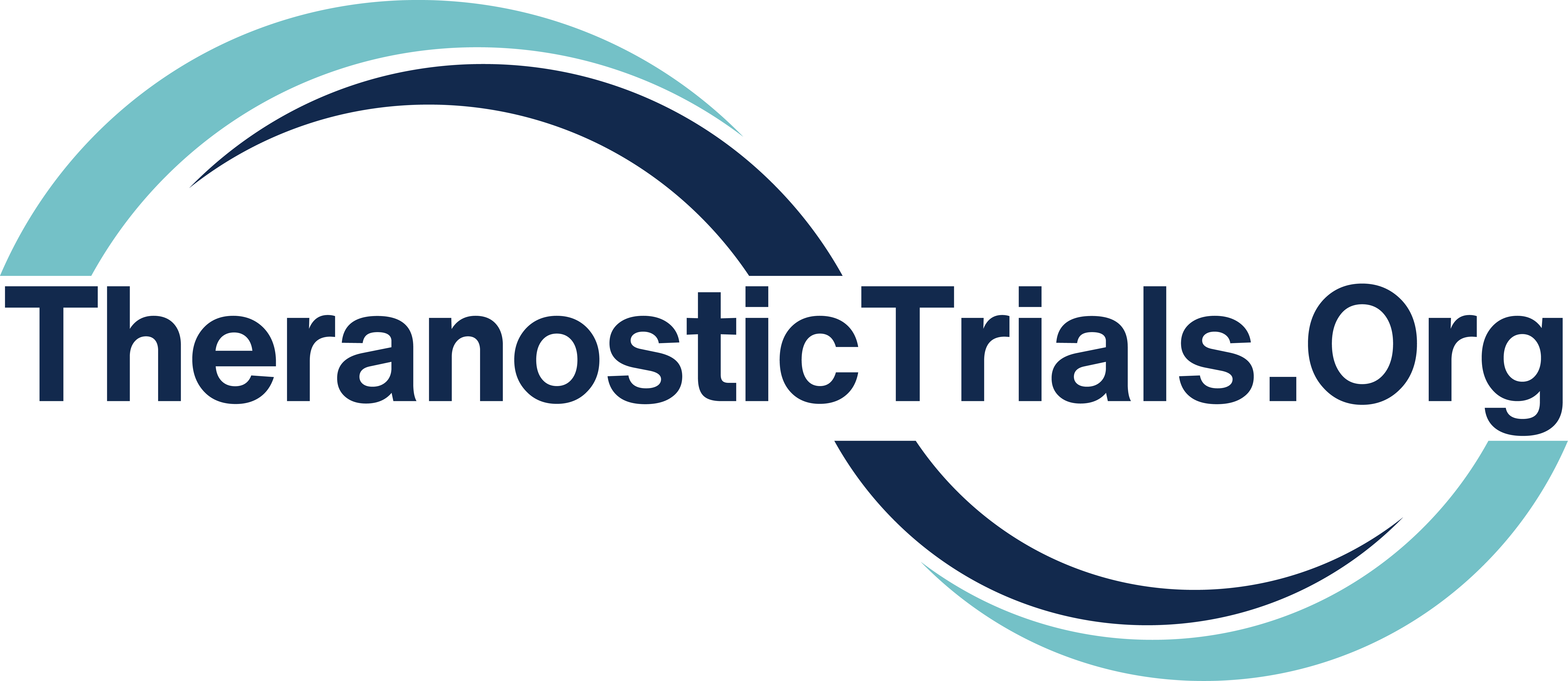Filters
(6 results)
Study Types
Enrolling Status
Study Sponsor Type
Ovarian/Primary Peritoneal (GYN)
Study Status
Last Updated: Mon Aug 11 2025
Pharmaceutical Trials (Site Sponsors)
🇦🇺
🇺🇸
🇨🇦

Treatment Metastatic Cancer
Ac225 FPI-1434 in Breast, Cervical, Uterine, Ovarian, Melanoma, & Head/Neck Cancers
Investigator Trials
Pharmaceutical & Investigator Trials (Non-Site Sponsors)
NCT04846933
Integration of Multiple Data Levels to Improve Diagnosis, Predict Treatment Response and Suggest Targets to Overcome Therapy Resistance in High-grade Serous Ovarian Cancer
This prospective, observational trial focuses on revealing major mechanisms causing chemoresistance in HGSOG patients and derive personalized treatment regimens for chemotherapy resistant HGSOC patients. The investigators recruit newly diagnosed advanced stage HGSOC patients who are then thoroughly followed during their cancer treatment. Longitudinal sampling includes digitalized H&E stained histology slides mainly collected during routine diagnostics, fresh tumor & ascites samples for next-generation sequencing/proteomics (WGS, RNA-seq, DNA-methylation, ChIP-seq, mass cytometry, etc.) and ex vivo experiments, plasma samples for circulating tumor DNA (ctDNA) analyses. Broad range of clinical parameters such as laboratory and radiologic parameters (e.g., FDG PET/CT), given cancer treatments and their outcomes are collected.
NCT05172310
PET Imaging of Tumors in Pancreas, Bile Ducts, Stomach and Ovaries by a Novel Tracer, 68Ga-FAPI-46 = Fibroblast Activation Protein Inhibitor
Cancers of the pancreas, bile ducts, stomach and ovaries are dismal diseases with most patients being diagnosed in advanced stages leading to a bad prognosis. These cancers can be difficult to diagnose and sometimes impossible to differentiate from underlying benign conditions. Establishing the correct diagnosis of primary cancer lesions and possible spread to other organs in time is pivotal for choosing the right therapy. Routinely applied staging procedures are however not always reliable. The main aim in this study is to evaluate the diagnostic accuracy of PET/CT with a novel radiotracer, FAPI, in the primary diagnosis of cancers in the pancreas, stomach and bile ducts as well as in patients with primary and recurrent epithelial ovarian cancer (EOC).
NCT06232122
Evaluation of 68Ga-FAPI-46 and 18F-FDG PET/CT Imaging for Detecting Recurrent Tumor Lesions in Patients of Ovarian Cancer With CA125 Elevation From Complete Response After Therapy
Ovarian cancer is the eighth most common cancer worldwide in females and usually diagnosed at an advanced stage. Serum cancer antigen 125 (CA125) is widely used in ovarian cancer. An elevation in CA125 levels can precede a clinically apparent recurrence by 3 to 6 months and 18F-FDG PET/CT can modify management in approximately half of these patients. However. 18F-FDG PET/CT may yield false negative results. 68Ga-FAPI-46 PET/CT shows potential here. This study is to assess the diagnostic performances of 68Ga-FAPI-46 and 18F-FDG PET/CT for ovarian cancer recurrence in patients with CA125 elevation from complete response after therapy.
NCT04022213
A Study of the Drug I131-Omburtamab in People With Desmoplastic Small Round Cell Tumors and Other Solid Tumors in the Peritoneum
The purpose of this study is to test any good and bad effects of the study drug 131I-omburtamab. 131I-omburtamab could prevent the cancer from returning, or delay the cancer from getting worse, but it could also cause side effects. Researchers hope to learn more about how 131I-omburtamab works in the body, and how effective it is in treating cancer. 131I-Omburtamab is not approved by the FDA to treat DSRCT or other cancers of the peritoneum.
🇳🇱
NCT06957782
The Value of 68Ga-FAPI PET/CT for Evaluating Peritoneal Treatment Response
Peritoneal metastases (PM), commonly originating from gastrointestinal and ovarian cancers, are associated with a poor prognosis and limited treatment options due to the diffuse nature of the disease and the inability of systemic chemotherapy to adequately penetrate the peritoneal surface. Intraperitoneal (IP) chemotherapy has emerged as a potential treatment modality for patients with extensive PM, allowing for higher local drug concentrations while minimizing systemic toxicity. However, current response evaluation methods, such as CT scans, have low sensitivity for detecting PM, and second-look laparoscopy, although more accurate, is invasive and unsuitable for repeated assessments. The ⁶⁸Ga-FAPI PET/CT scan offers a promising non-invasive alternative for assessing peritoneal response to IP chemotherapy. This imaging technique targets the fibroblast activation protein, which is overexpressed in cancer-associated fibroblasts within the tumor microenvironment. Early studies have shown that ⁶⁸Ga-FAPI PET/CT is a highly sensitive too in detecting peritoneal metastases. Given these advantages, the investigators hypothesize that ⁶⁸Ga-FAPI PET/CT could improve the evaluation of treatment response in patients undergoing IP chemotherapy for PM, offering a non-invasive and accurate alternative to current methods. The primary objective of this study is to investigate the accuracy of ⁶⁸Ga-FAPI PET/CT for evaluating peritoneal response in patients with peritoneal metastases undergoing repeated IP chemotherapy.



